Ep. 140-4 | The Sage of Tea
In this fourth installment of the history of tea, we finally make it to the immortal Tea Saint. Lu Yu 陆羽. What Elvis was to rock n' roll, Lu Yu was to the popularity of tea in Chinese society. Here we'll look at his interesting life and his work, "The Classic of Tea" 茶经. From here on out, tea 茶 is no longer tú 荼, and neither is it bitter.
Listen On Your Favorite Podcast Player
Terms in Episode
| Pinyin/Term | Chinese | English/Meaning |
|---|---|---|
| Táng dynasty | 唐朝 | Dynasty that ran 618-690 and 705-907 |
| Lù Yǔ | 陆羽 | The Tea Saint, and author of the Classic of Tea. He lived 733-804 |
| Chá Jīng | 茶经 | The Classic of Tea |
| Shén Nóng | 神农 | The Divine Farmer, an ancient mythological figure of Chinese pre-history, credited with (among many other things) the discovery of tea. |
| Húběi rén | 湖北人 | A person from Hubei Province |
| Tiānmén | 天门 | City in Hubei |
| Wǔhàn | 武汉 | Capital of Hubei Province |
| Jīngmén | 荆门 | City in Hubei |
| Lónggài Temple | 龙盖寺 | Dragon Cloud Monastery |
| Chán | 禅 | A sect of Buddhism that originated at Shaolin Temple, known as Zen in Japan. |
| Lǐ Qíwù | 李齐物 | Tang royal family member banished to Tianmen to serve as the new governor |
| Zōu Fūzǐ | 邹老夫子 | Along with Cui Guofu, one of Lu Yu's early teachers |
| Cuī Guófǔ | 崔国辅 | Along with Cou Fuzi, one of Lu Yu's early teachers |
| Chéngdū | 成都 | Capital of Sichuan Province and site of Shu State |
| Sìchuān | 四川 | Province in southwest China |
| Jiāngsū | 江苏 | Coastal Province in China, north of Zhejiang |
| Zhèjiāng | 浙江 | Coastal Province in China |
| Jiāngxī | 江西 | Province in Eastern China |
| Bā | 巴 | Ancient State located in eastern Sichuan |
| Shǔ | 蜀 | Ancient State located in Chengdu in Sichuan |
| Chóngqìng | 重庆 | City in Eastern Sichuan, today a Municipality of China |
| Miàoxǐ Sì | 妙喜寺 | Miàoxǐ Monastery |
| Húzhōu | 湖州 | City in northern Zhejiang on Lake Tai |
| Jiǎo Rán | 皎然 | 730-799, Tang dynasty poet and noted Buddhist Monk |
| Wáng Bāo | 王褒 | The man charged with negotiating a contract for a servant that proved tea was around back in 59 BCE |
| Táng Dàizōng | 唐代宗 | Tang emperor who reigned 762-779 |
| Yán Zhēnqīng | 颜真卿 | Noted Táng official, calligrapher and all around literatus |
| Lú Tóng | 卢仝 | 790-835, Tang literatus and renowned poet, as well as a great lover of tea |
| Cháng’ān | 长安 | Ancient capital of China during several dynasties, located in modern day Xian |
| Táng Emperor Dézōng | 唐德宗 | Tang emperor who reigned 779-805 |
| Lù Tíngcàn | 陸廷燦 | Writer of the Xù Chá Jīng 续茶经, The Sequel to the Cha Jing. |
| Xù Chá Jīng | 续茶经 | The Sequel to the Cha Jing |
| Chá Xiān | 茶仙 | A "Tea Immortal" |
| Xià Dynasty | 夏朝 | A mythical dynasty that lasted approximately 2070-1600 BCE |
| Zhōngguó chá wénhuà | 中国茶文化 | Chinese Tea Culture |
| Chá Shèng | 茶圣 | The Tea Saint |







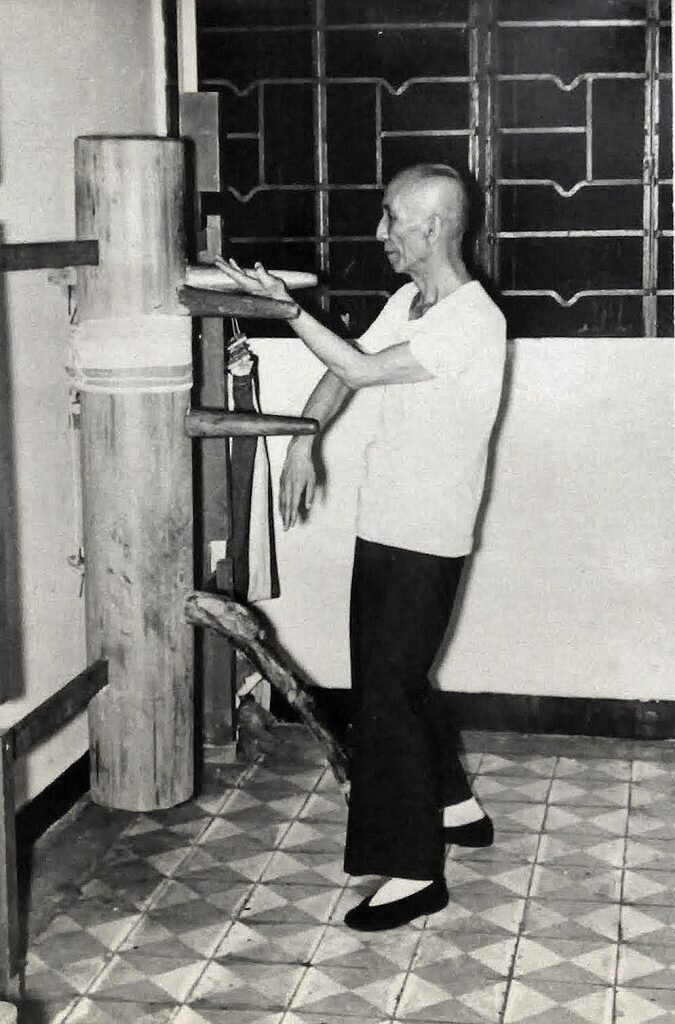
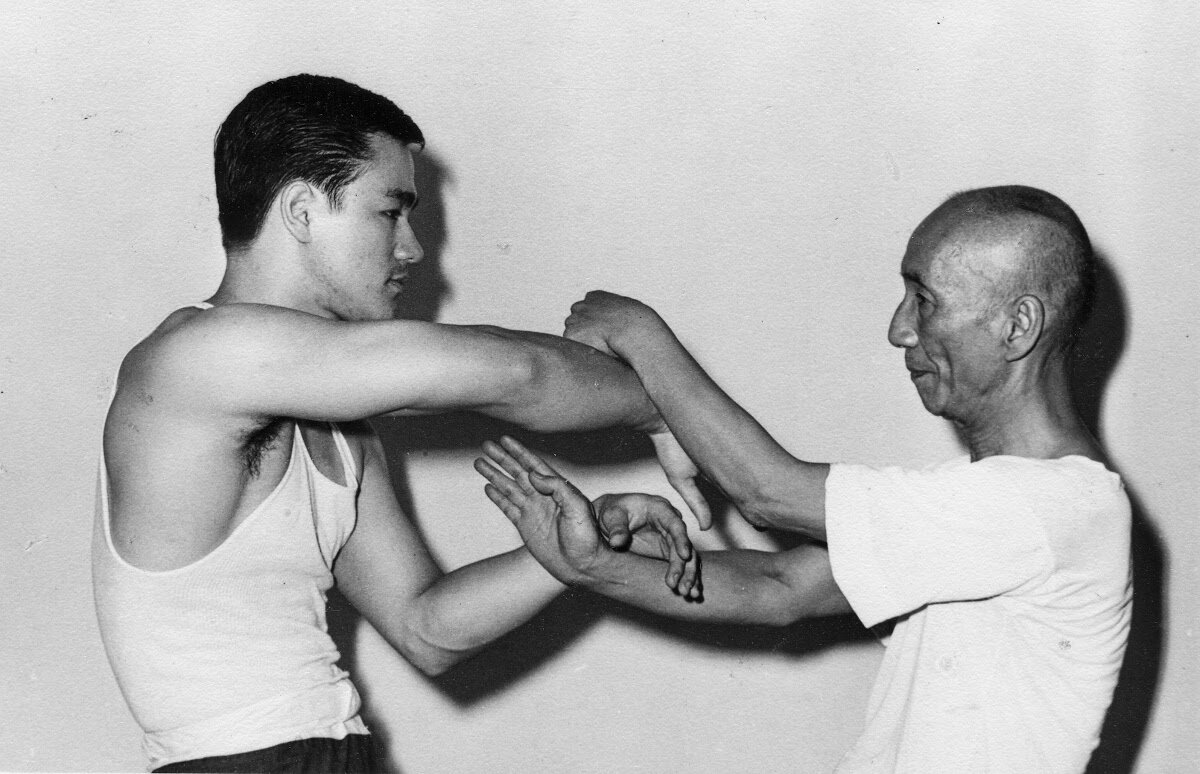


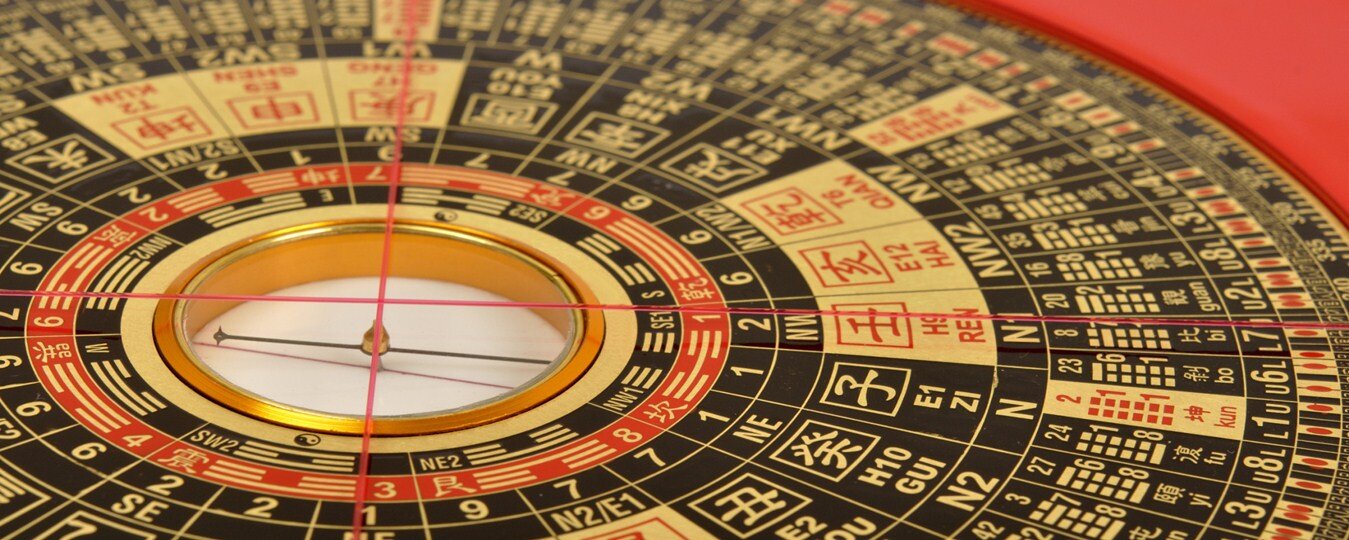
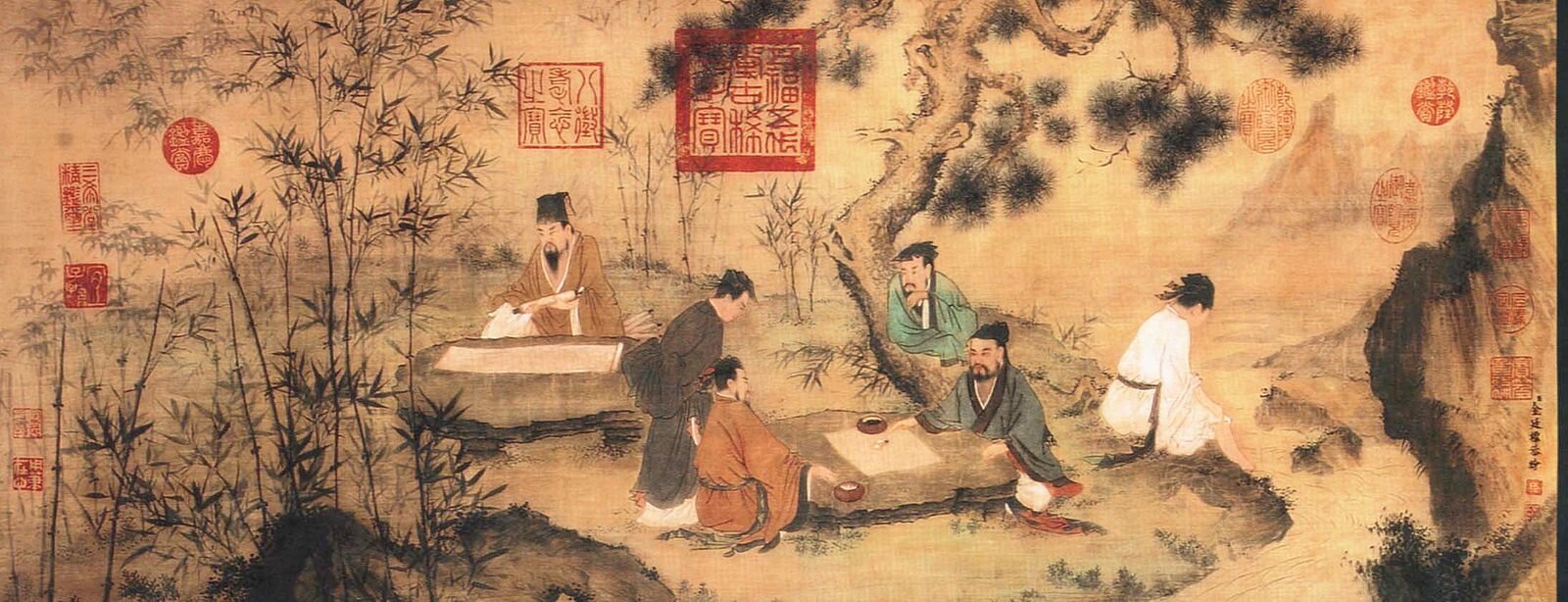
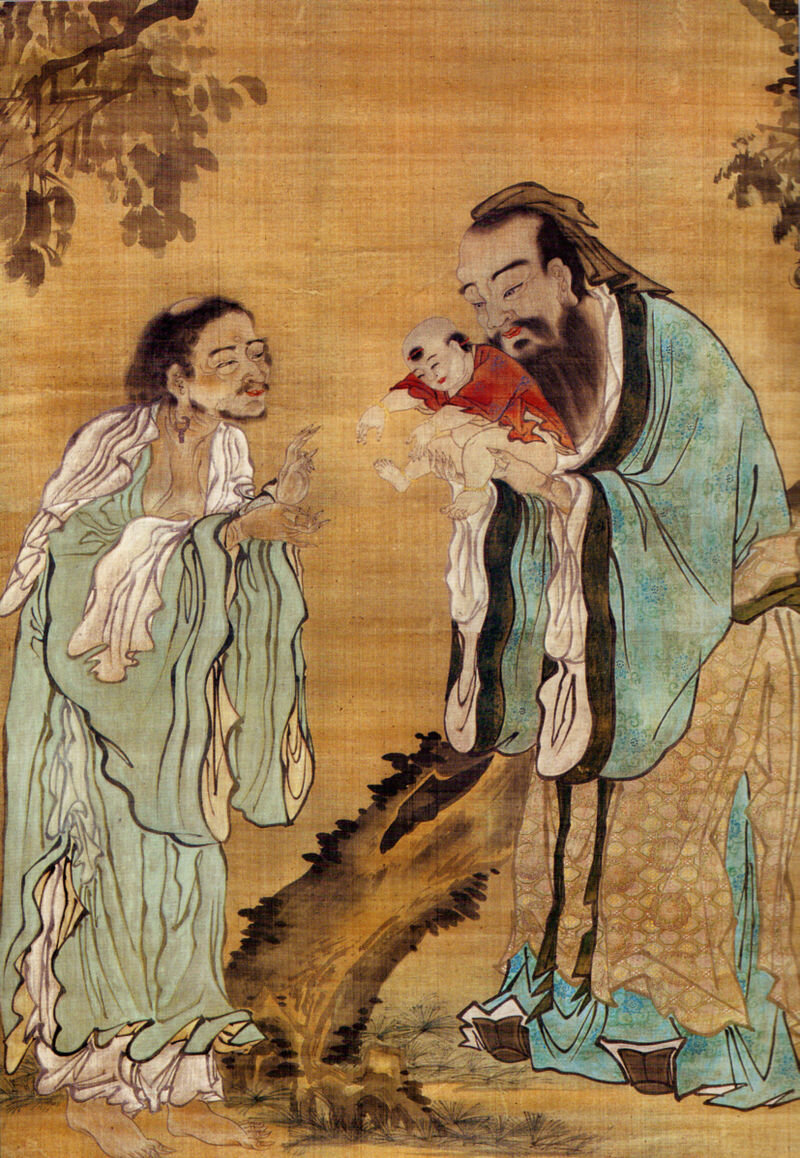
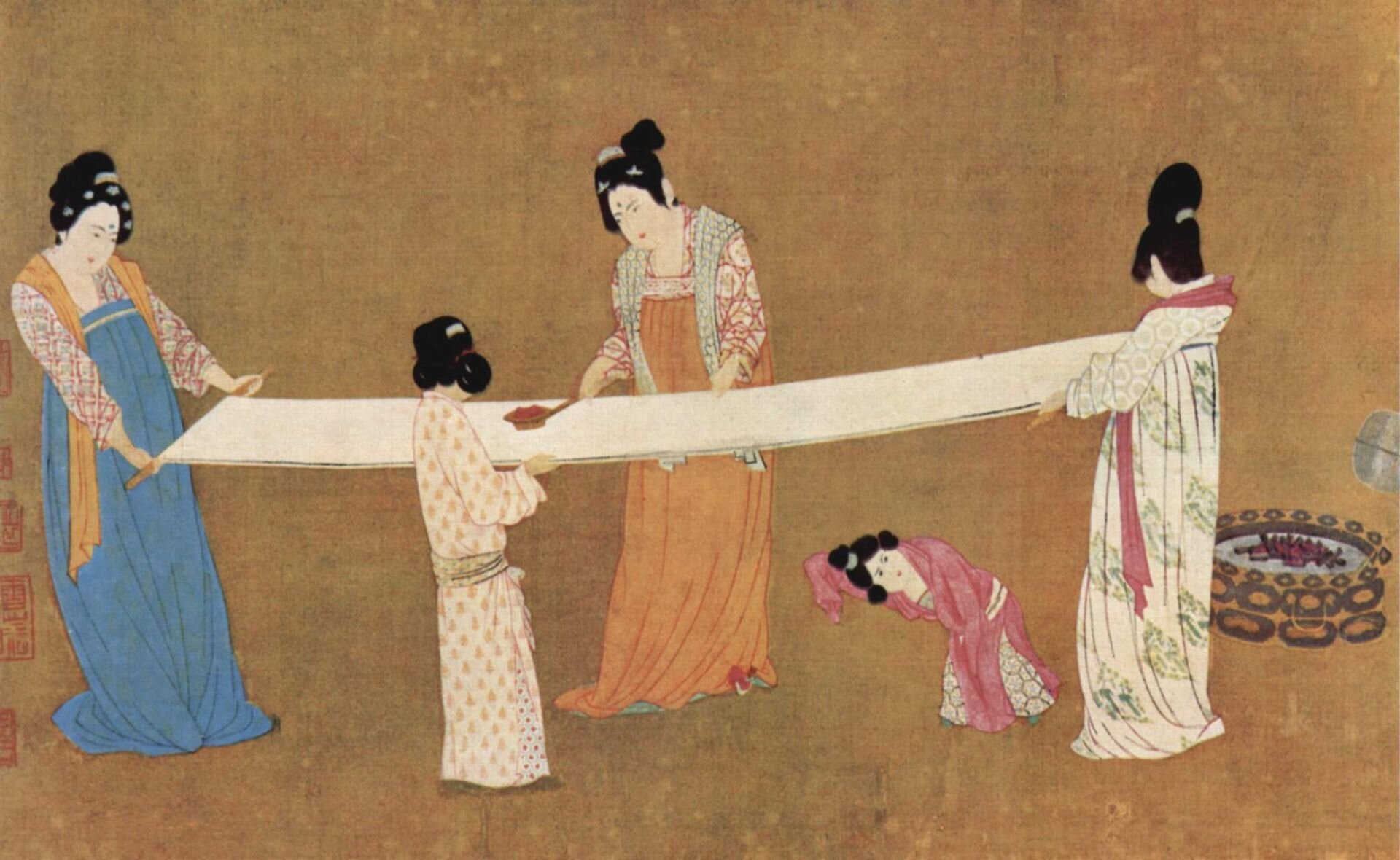
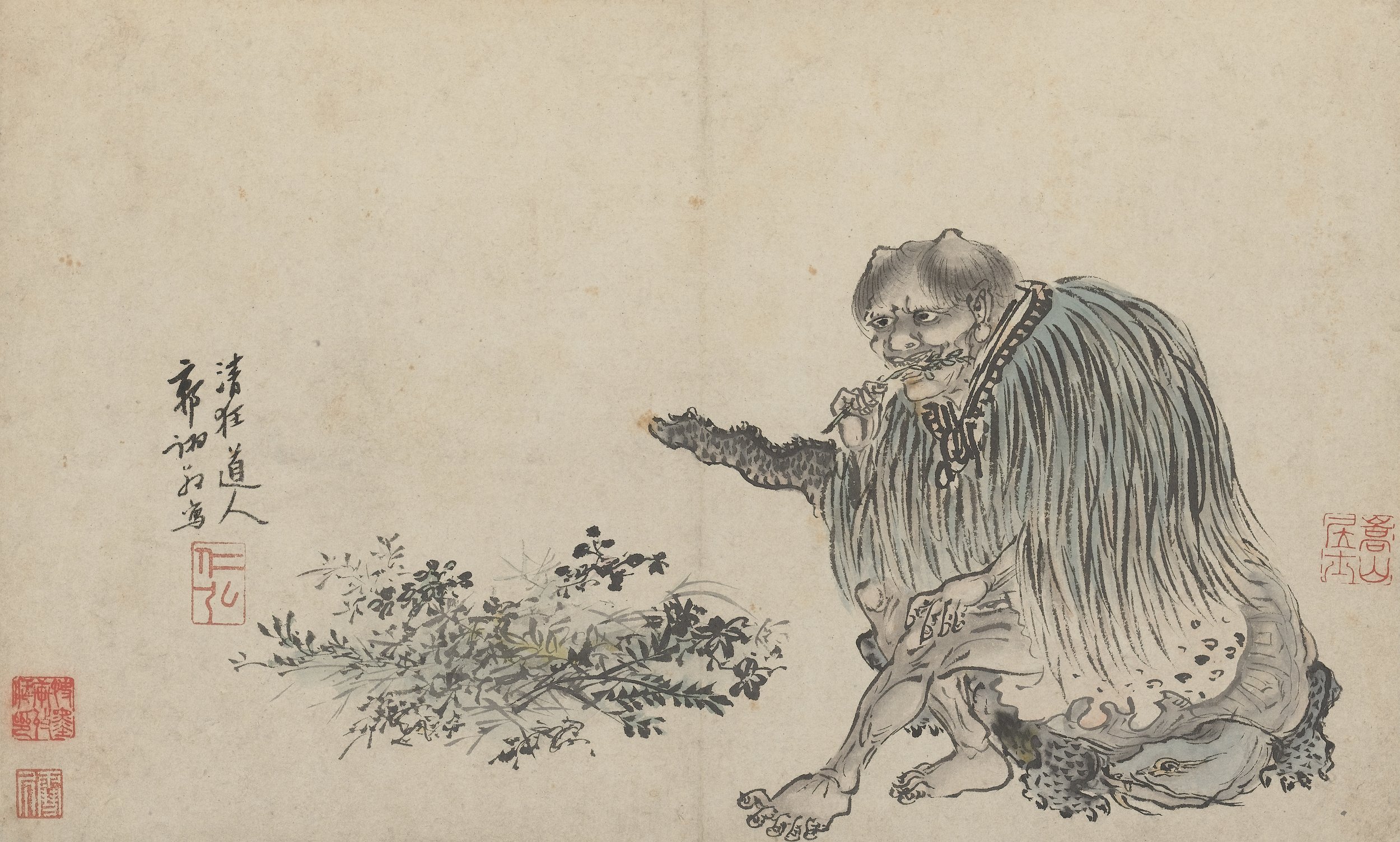
In this episode, we start a new series that looks at the history of Chinese Medicine or TCM.